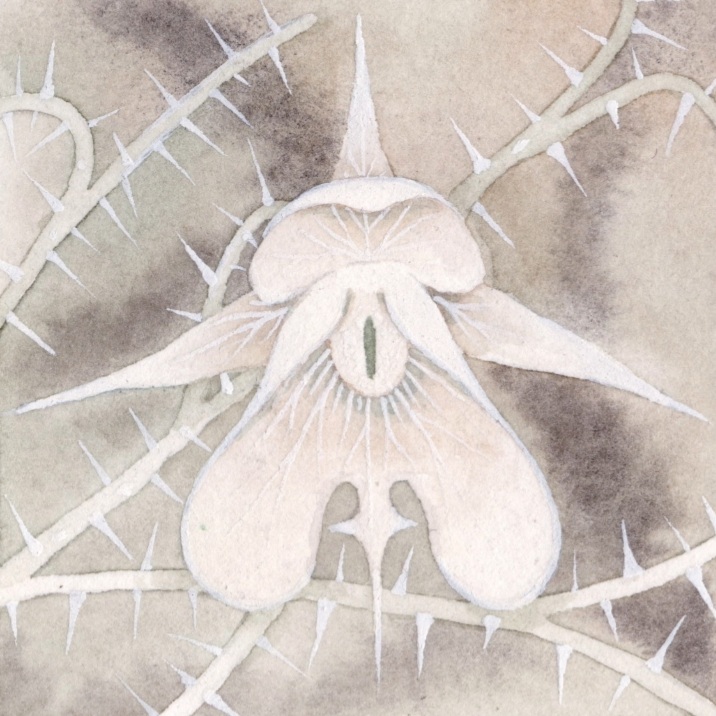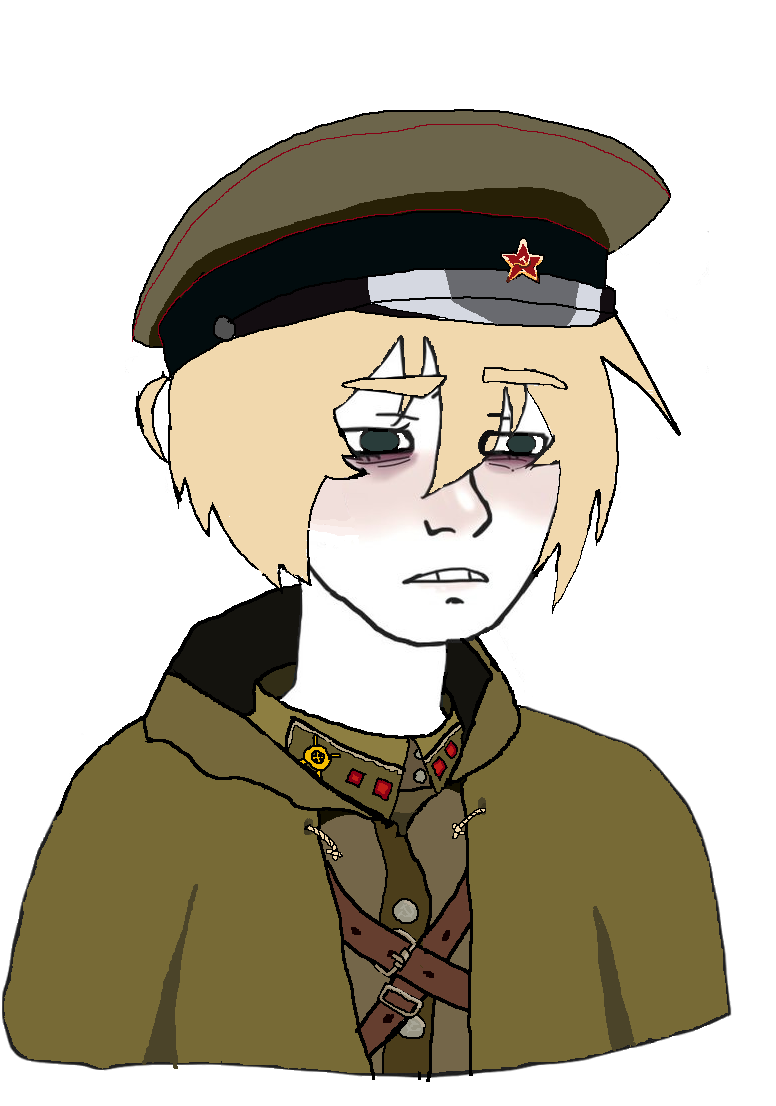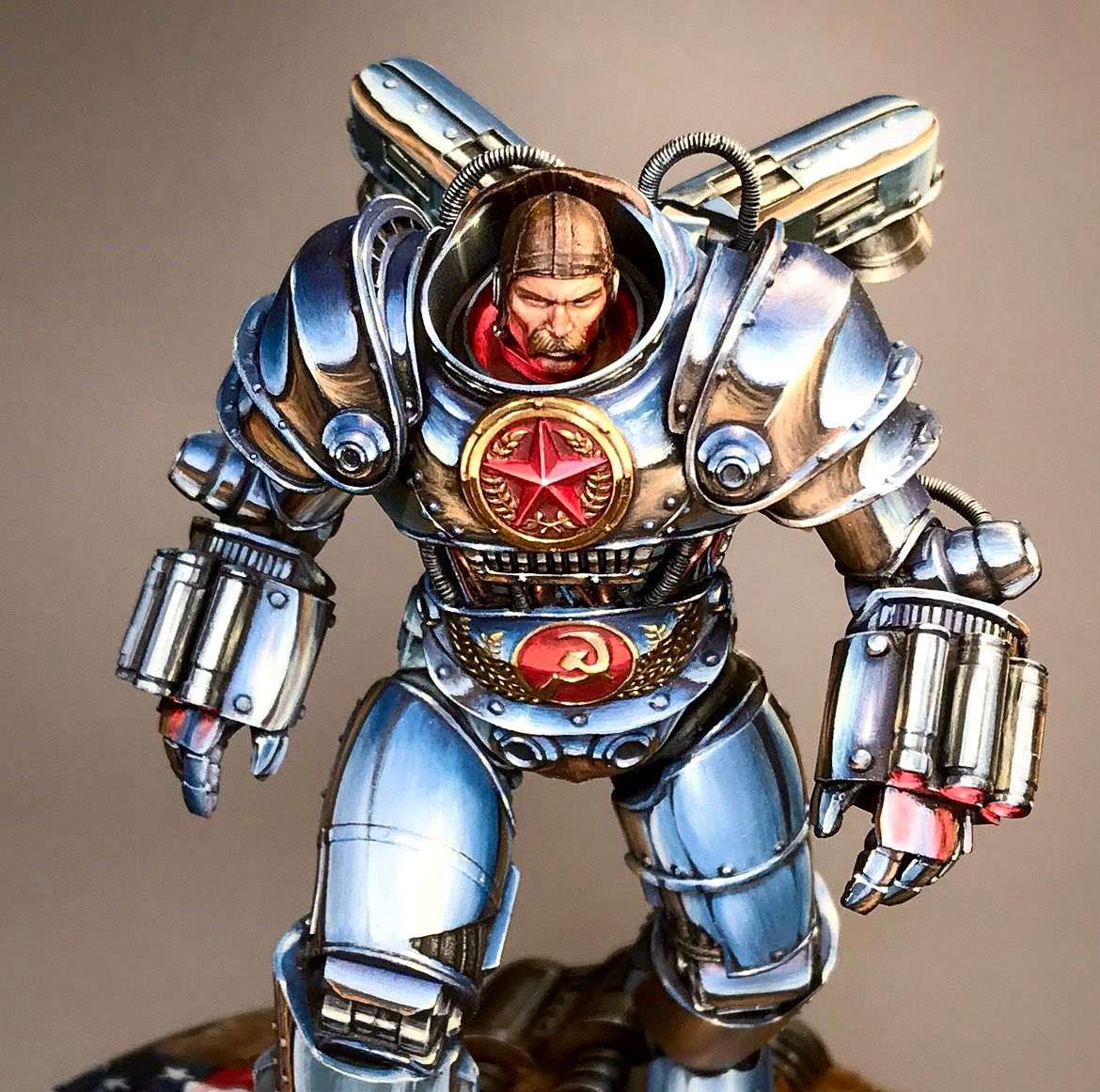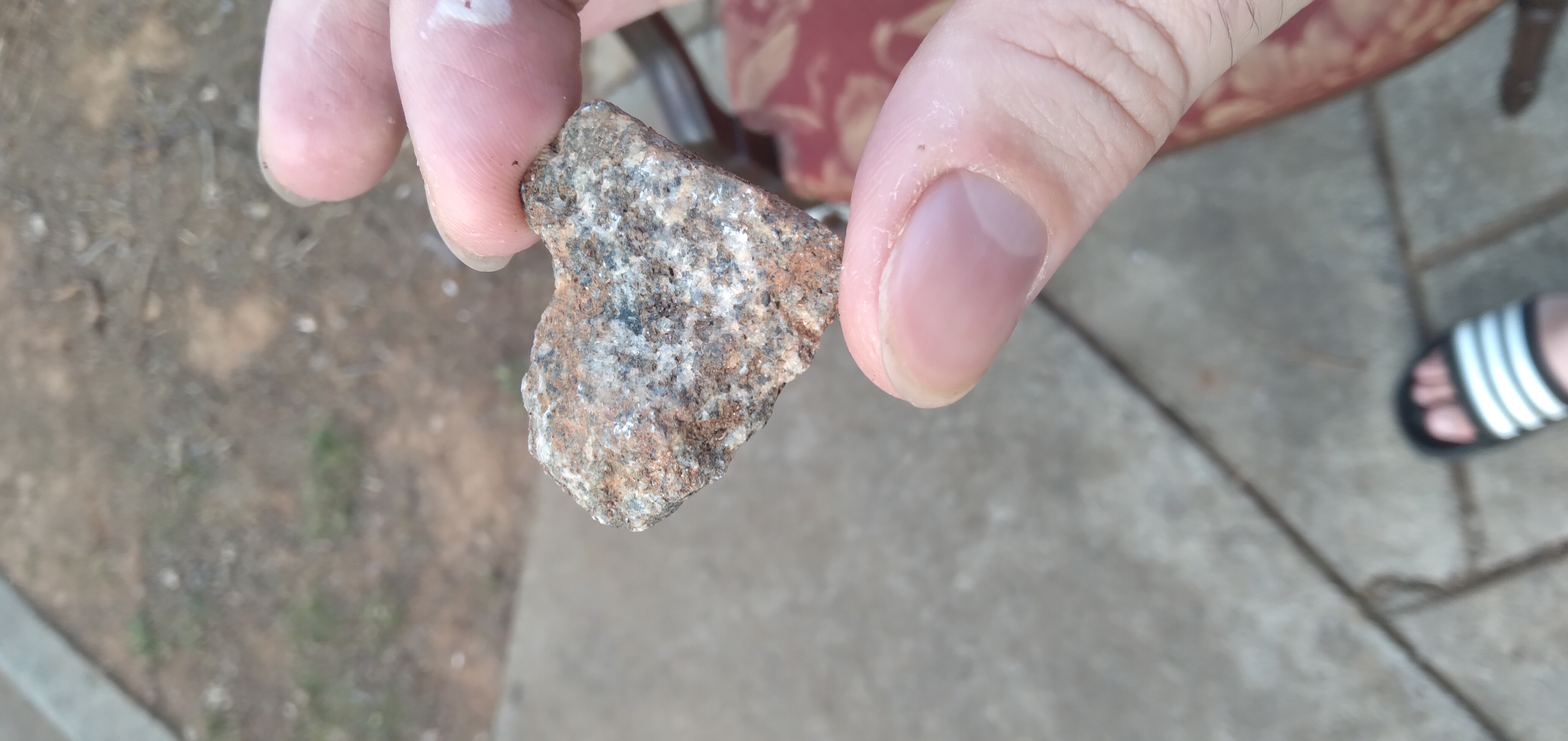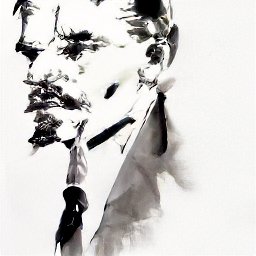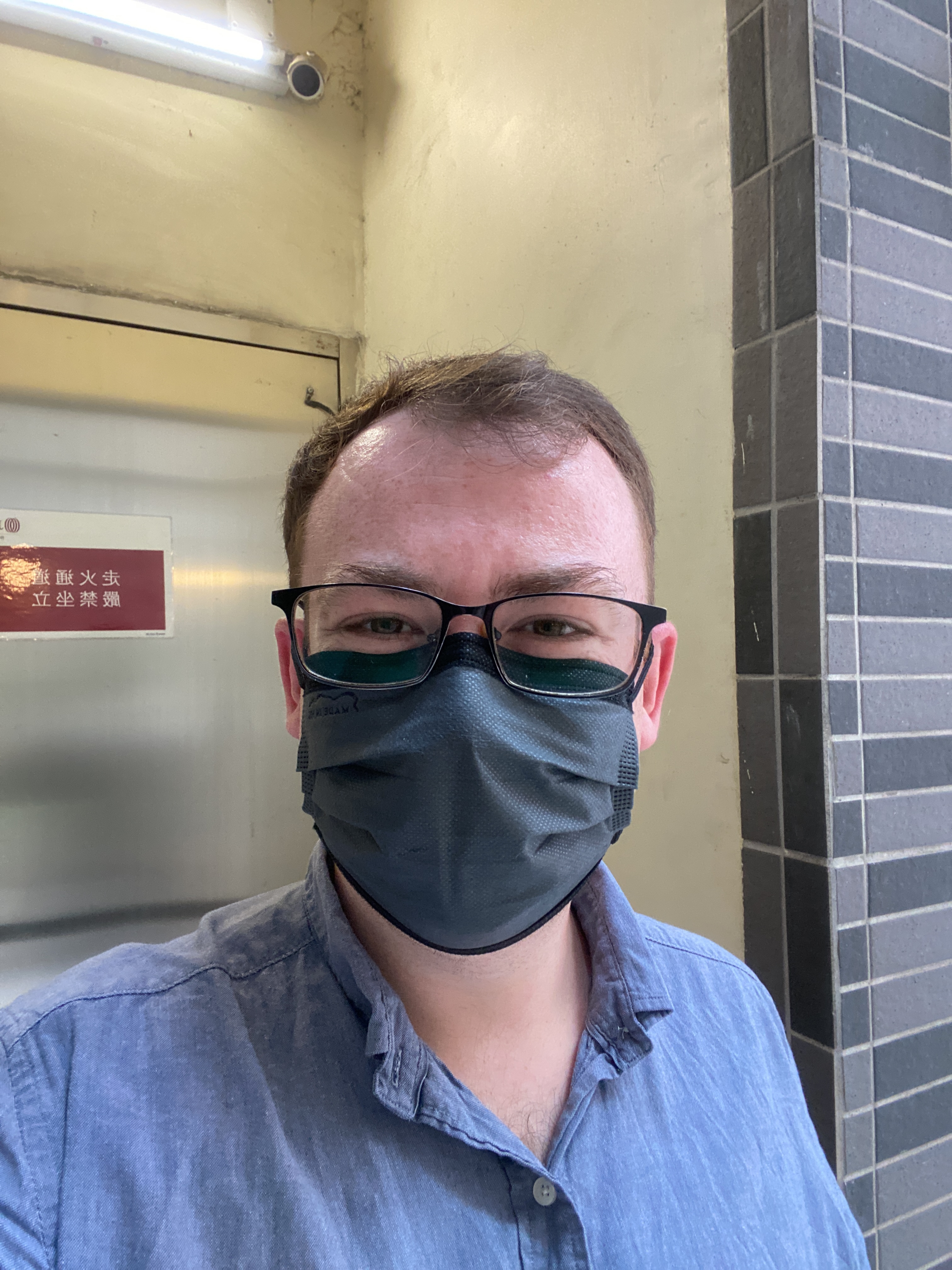Could anyone explain why the Kim family has been in power for so long? I am supportive of the DPRK and I like Juche, but I never knew the reason for this. Why them and nobody else? Is it cuz of their historical significance in the struggle, which may have led to them being so involved in the state?
It’s important to remain cognizant of what it means to be “in power”.
The current chairman of the Supreme’s People Assembly is Pak Thae-song, and the current prime minister is Kim Tok-hun. Kim Jong-un’s power stems mainly from his position as president of the State Affairs Comission as well as the commander-in-chief of the armed forces and general secretary of the WPK. Point being that power transference has not been linear – each Kim occupied different roles and positions at different times as political reality necessitated. From an outsider perspective, the bureaucratic machinations of the DPRK government can be a little hard to parse, but it’s not so simple to say that each Kim has ruled in the same manner, or that supreme power transferred from father to son each time one died.
Stalin was considered a “first among equals”, meaning that his voice in the Politburo was often considered more seriously than many of his comrades’. This is not necessarily an issue of enshrined power, but of personality politics. As Stalin was respected for being a brilliant revolutionary and leading the USSR out of a horrific civil war and WW2, the Kim family is respected for being capable leaders in the face of unimaginable horror – brutal Japanese occupation, the division of their nation and the slaughtering of their citizens by Amerikan forces, enforced famines and economic terrorism from the west, on and on and on. Kim Jong-un’s voice is treated with an utmost respect as he was raised by the son of one of the greatest liberators to have ever lived, Kim Il-sung.
There is undeniably a “personality cult” in this way, and it’s the subject of some (bit of an understatement) criticism from western leftists. My take? Who cares if they venerate their martyrs and heroes. They have every right to do so, and socialist culture-ideology permeates throughout the veins of the DPRK. No one worships them as Gods or as heavenly fathers as orientalist western media likes to paint, they understand that they are and were just men. But great men, nonetheless. We venerate our own martyrs and heroes. In the event of a revolution in Amerika, I would support the construction of memorials and statues to revolutionaries like Fred Hampton in a heartbeat, and it should be taught in schools that they were great people fighting for a better tomorrow - inspirations to model our own revolutionary work and ideas upon, just as they do in the DPRK.
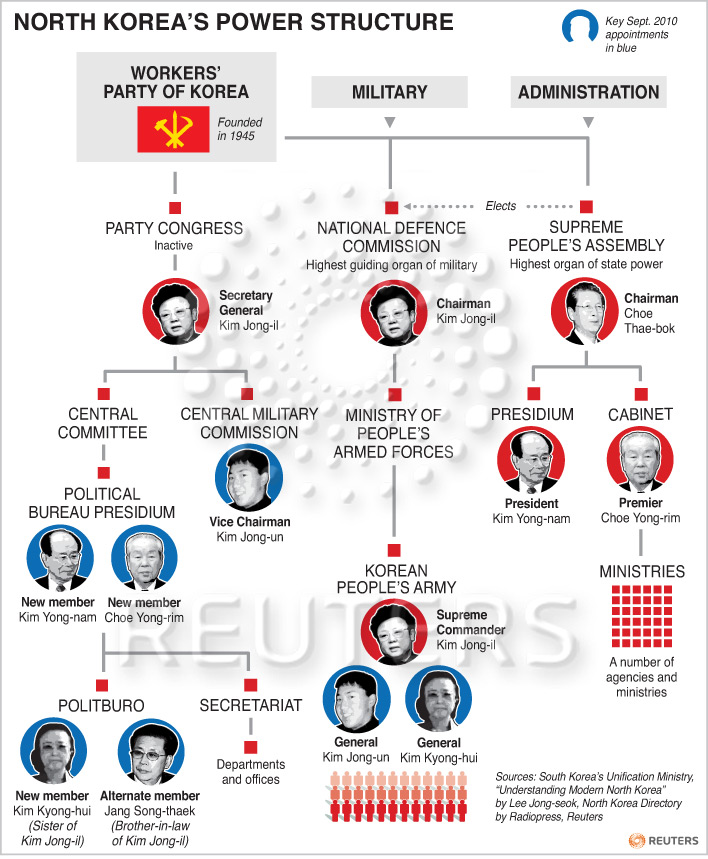
This comes out of occupied Korea, but I think infographs like it are useful in understanding some of the power dynamics in the DPRK. As well as highlighting the fact that Kim Jong-un did not inherit his current position merely through blood, but through work.
I think the issue that tends to confuse people is that Kims (Jong Un and his forebears) are the “public face” of DPRK. They were in all photo shoots and art and whatnot
Yeah for sure, stems from aforementioned personality “cult”, but all nations practice a civil religion to some extent. Putin is the face of Russia regardless of actual position held, same with Xi for China, Modi for India, etc. etc. Willful mistranslation on the parts of western “academics” further complicates matters, with leader of the Supreme People’s Assembly (simple political title) becoming “Supreme Leader” (scary!). Kim Il-sung being referred to as “Eternal President” also calls to mind the Imperium of Man worshipping a God-Emperor’s skeleton on a floating throne, as long as you don’t tell people that he’s referred to as such because the position he held was abolished post-mortem and he was its last holder, “President of the DPRK”. He is literally the eternal president as he was the first and last president of the DPRK. Bit less biting as a fearmongering statement when viewed through that lens, but nuance is lost in the eyes of the orientalist.
Didn’t know a lot of this myself, I’ve learned to just not trust anything I grew up being taught but it’s still great to see it exposed plainly for the lies they are with simple facts, thanks for sharing.
This is not necessarily an issue of enshrined power, but of personality politics. As Stalin was respected for being a brilliant revolutionary and leading the USSR out of a horrific civil war and WW2, the Kim family is respected for being capable leaders in the face of unimaginable horror – brutal Japanese occupation, the division of their nation and the slaughtering of their citizens by American forces, enforced famines and economic terrorism from the west, on and on and on.
Totally agree. Once you have a basic grasp of the post-war history of the USSR and DPRK (after hacking away at decades of ingrained propaganda), this is a very logical conclusion.
Thank you for the great answer <33
Absolutely comrade, thank you for asking questions in good faith.
Curious, based on this analysis, would someone like a son or grandson of Mao be held to such esteem in China, and why or why not? I assume he does have some living relatives, but they are clearly not in the public spotlight as much as Kim.
I’m not that well educated on the DPRK system but I imagine it to be similar to the reason as to why Xi Jinping removed presidential term limits; there could be factionalist or potential fifth column threats within the WPK which necessitate the consistency of leadership and ideology from one to the next
